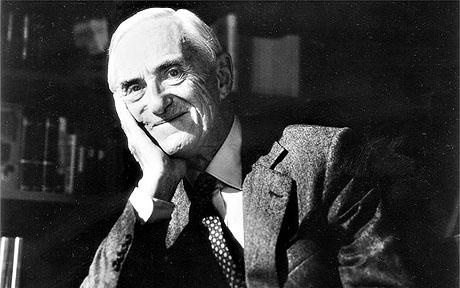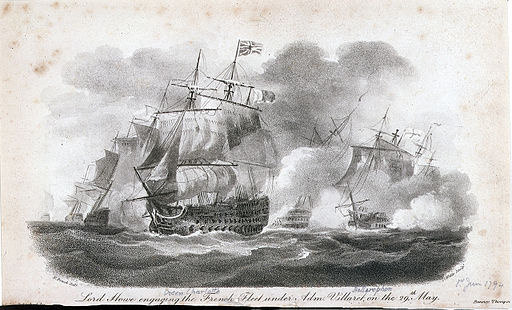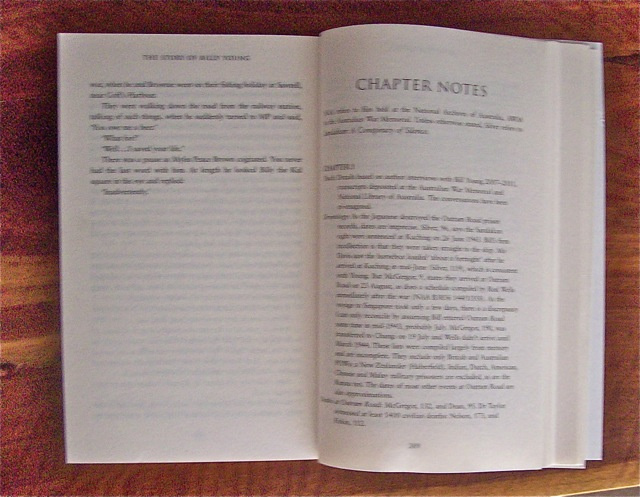Many thanks to everyone who contacted me over last week’s post End Matters, and suggested links to programs or apps that might help with my References and Chapter Notes. I'll certainly be checking them out.
Of as much interest to me has been the way the discussion developed on some sites around the notion of whether we need end matter – and especially references and chapter notes – in historical novels at all? A novel, after all, is essentially a work of fiction, albeit built around a skeleton of historical fact.
I must say I’m very much with those who favour the use of end notes and reference material. I'm not one of those authors who knowingly alter historical facts to suit my story. On the contrary, I must alter my story to fit the known facts. Accuracy, so far as the externals are concerned, is everything.
It's true that assumptions often have to be made where the historical record is silent – and also true that the internals of thought, emotion and speech can only come from the author.
But as I try to recreate my period and characters (and I mostly write about real people) as accurately as I can, it seems important to let the interested reader know the sources of my statements, the reasons behind the assumptions made, and those sections that are entirely imagined. Disinterested readers, of course, can ignore the end matter altogether.
Unlike the Acknowledgments and References mentioned last time, preparation of Chapter Notes isn’t so messy. I keep a separate folder for each chapter or, with the present book, group of chapters – for they're quite short at around 4000 words. Into these folders I put copies of all the research material: the reference notes, interview transcripts, archival material such as service forms, censuses, births, deaths and marriages, passenger lists, public records, chapter plan and so on. Everything that I used to erect the historical framework of the book.
The folders are very useful of course when preparing the Acknowledgments and References, and essential when it comes to the Chapter Notes. I try to keep up a running list of notes as I complete each chapter; but even if it’s inconsistent, at least I know where to go for the material when it comes to the preparation.
Now, in my view such end matter is not just a matter of polite scholarship, but the notes sometimes can further illuminate the text. How often do we come across research material that is either too lengthy or not strictly relevant to the story to include in the narrative, but which is worthwhile background information in itself? The chapter notes are the perfect place to put it ... either in the printed book or certainly in expanded form online. Indeed, they can often be the most interesting part of the whole book.
 I'm presently re-reading Patrick O'Brian's Aubrey/Maturin series of 20 naval novels from the Napoleonic Wars. Wonderful books, historically very accurate. But gosh! I wish he’d included some end notes.
I'm presently re-reading Patrick O'Brian's Aubrey/Maturin series of 20 naval novels from the Napoleonic Wars. Wonderful books, historically very accurate. But gosh! I wish he’d included some end notes.
He acknowledges his debt to the Naval Chronicle, certain published diaries, memoirs and documents from the Admiralty archives. But beyond that there is very little, and I know his descriptions of naval battles are based closely on real sea fights.
The books breathe historical authenticity. But I for one would love to know more about the backgrounds to each book, and the engagements he relied upon – not to mention those seafaring terms like 'futtock shrouds', 'cross-catharpings' and so on.
The novels are treasures as they are. But how much richer they'd be with a comprehensive set of references and end notes! At least for this reader.

- Photo Credits:
- Author photo
- Patrick O'Brian by Julio Nayan, Wikipedia Commons
- Lord Howe engaging the French fleet, Naval Chronicle c.1794 Wikipedia Commons

